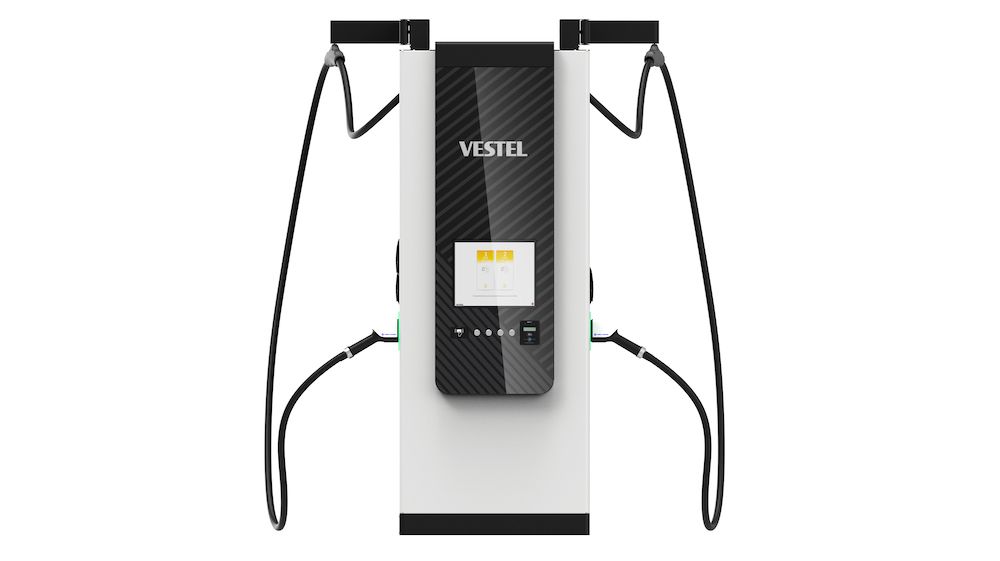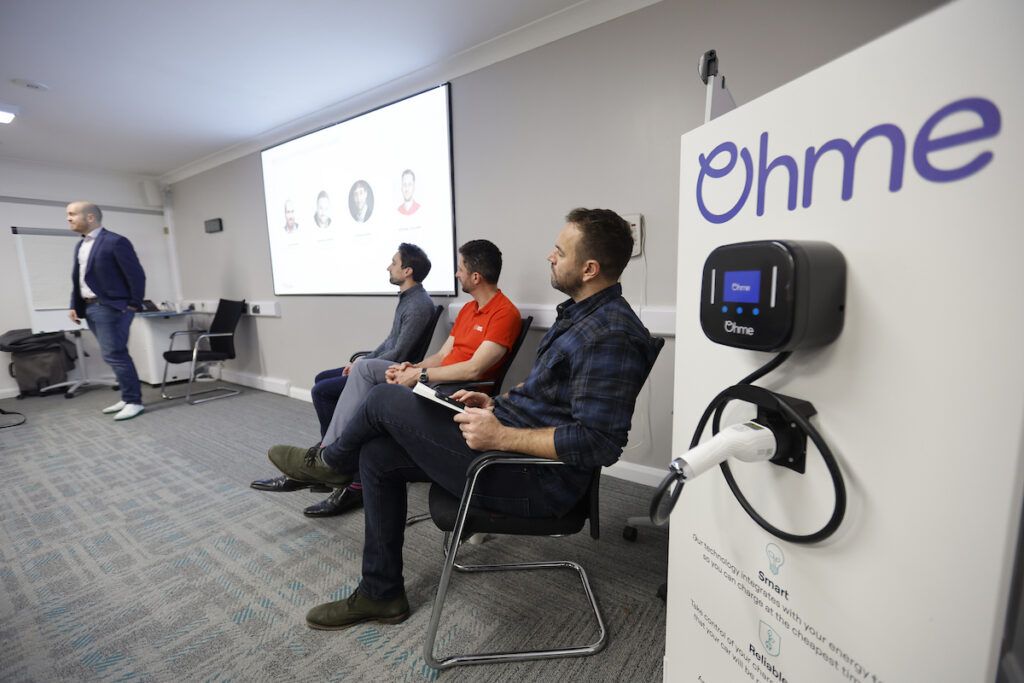Sally Bailey, Head of EVC Sales UK, Vestel Mobility explains the opportunities around transitioning to electric commercial vehicles now.
The transition to electric vans and trucks has often been framed as a challenge for tomorrow rather than an opportunity today. Fleet managers weigh concerns about upfront costs, charging infrastructure, and operational disruption. Yet the financial and regulatory landscape in 2025 makes the case for electrification stronger than ever. Rather than wait, businesses that move first stand to gain the most.
The recently extended UK government’s plug-in grant scheme is the clearest lever. Applied directly at the point of sale, these discounts cut commercial vehicle invoice prices at the point of purchase.
- Small vans (<2,500kg GVW): up to £2,500 off.
- Larger vans (up to 4,250kg GVW): up to £5,000 off.
- Small trucks (4,250–12,000kg): up to £16,000 off.
- Large trucks (>12,000kg): up to £25,000 off.
Critically, availability is capped. Fleet operators can only claim a limited number of grants each year, and the total market pool is just 250 small-truck and 100 large-truck awards annually. Once those are gone, support drops to just £5,000 per truck.
Early adopters clearly secure the largest advantage. The scheme now runs until at least 2027, but no guarantees extend beyond that.
Alongside grants, the tax environment heavily favours EV adoption. Vans and HGVs qualify for the full expensing regime, meaning 100% of the purchase cost can be offset against taxable profits in year one. A £60,000 electric truck becomes a £60,000 deduction, significantly accelerating payback ROI.
For smaller vans, there is a further incentive: the benefit-in-kind rate for zero-emission vans is set at 0%. Drivers pay no personal tax liability, and employers avoid National Insurance contributions if they use the company van from home or for any personal use. For fleets competing to recruit and retain drivers, this can be an appealing differentiator.
Of course, charging infrastructure remains a key concern, but government support here is equally robust. The Workplace Charging Scheme (WCS) offers up to 75% of the purchase and installation costs of workplace EV chargers, up to £350 per socket and 40 sockets per organisation. For commercial landlords, the grant covers up to 100 commercial properties per year. Companies and landlords need to use an OZEV authorised installer and the voucher codes issued must be redeemed within 180 days.

The SME Infrastructure Grant also covers enabling infrastructure works such as cabling and power upgrades. Again, this is up to 75% of the cost of the work, capped at £15,000 per site, with a maximum of five sites per SME.
Importantly, these schemes can be layered. A business can use the SME grant for groundwork, then apply WCS support to fund the chargers themselves. For larger public-facing operators, the £381 million Local EV Infrastructure (LEVI) fund is expanding depot and roadside charging capacity in partnership with local authorities.
At the same time, charger costs are falling. Vestel Mobility’s European manufacturing scale has significantly reduced the cost and lead times for large-scale DC charging, already benefiting partners such as Ryze Power. Products like our DC Stella 1.2MW charger are similar in cost to market-average 150kW units of only a few years ago, backed by UK support and much-reduced shipping footprint compared to models from the Far East.
Cost of the hardware is key as it reduces the time to ROI for fleets, commercial operators and CPOs, encouraging commercial investment in larger infrastructure Ultra-Rapid DC chargers required for vans and trucks.
As an example, consider a courier firm replacing ten diesel vans with electric models. Plug-in grants remove up to £50,000 from the purchase price. Full expensing deducts the remaining cost from taxable profits in the first year. Zero-emission BIK rules cut personal tax and NI costs, while depot charging can be subsidised with £22,000 in infrastructure grants. In year one alone, this amounts to over £80,000 in direct support, before factoring in reduced running and maintenance costs.
Despite this landscape, some fleet managers remain hesitant, worried about charging availability, reliability, or the assumption that government incentives will remain indefinitely. There are already 15,000 Rapid and Ultra-Rapid DC chargers installed in the UK across nearly 7,000 locations. That is not far short of the 8,500 total number of fuel stations in the UK, and far more of the DC sites can cater for larger goods vehicles above 7.5 tonnes.
The government’s EV incentives are very much finite, as we saw this year with the zero road tax for EV cars disappearing. Several reliefs, including first-year allowances for charging equipment, are already set to expire in 2026. Plug-in grants
are finite in annual volume, even if the time frame has been extended to 2027.
Clearly, the most generous terms are reserved for early movers. Fleets that act now not only benefit from financial support but can also use the electrification to leverage ESG credibility, customer goodwill, and a stronger competitive position. With immediate grants, tax reliefs, infrastructure subsidies, and rapidly falling hardware costs, the numbers already stack up for fleet operators willing to move.
About the Author
Sally Bailey is Head of EVC Sales UK at Vestel Mobility, part of one of Europe’s largest technology manufacturing groups. Vestel Mobility supplies a full range of UK- compliant AC and DC charging solutions for residential, commercial, and fleet applications, supporting operators with scalable infrastructure and European-built hardware designed for value, reliability, compliance, and speed to market.











